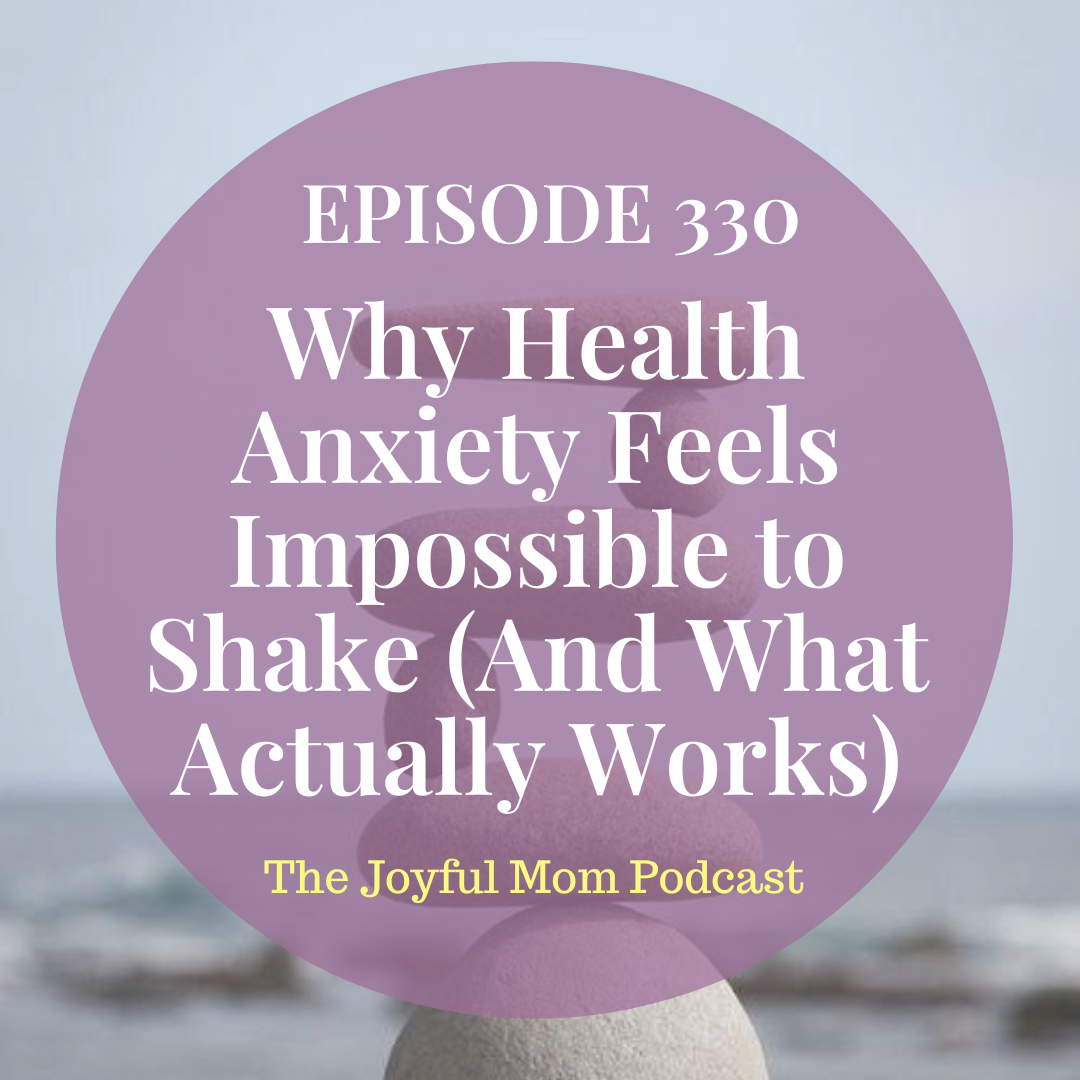“Does it ever get better?”
“Please tell me it gets better.” “I can’t keep living this way.”
Have you also asked the same question? Are you feeling the same way?
Let’s talk more about these questions in this episode.
Episode Pointers :
Someone else’s experience doesn’t mean it has to be yours.
I remember feeling this way, and I remember wondering if I would ever have joy again.
Is it even possible for me to feel that deep true joy that I felt before Aria died?
Would I just be empty the rest of my life?
I wanted to hear from other moms. I wanted to know that it could get better. I had to know that it could change so that I could know I wouldn’t be living this way for the rest of my life.
I’m forever grateful to the mom who did tell me. You will feel joy again. It’s possible, it will be different, it’s a different kind of joy, but it can still be deep, full, absolute joy.
To know it was possible, and then continue to be okay with being right where I was in the muck. In the hole of grief. But to see that shining light ahead of me to know that the grief work was worth it. Processing grief was worth it and it will bring me a reward.
So- to you wondering if it will ever get better? I can absolutely say yes. Yes, it can get better. Yes, it can change. Yes, you can learn to live again. Maybe not right now, maybe not yet for you, but it’s absolutely possible.
You cannot learn to hold grief and joy, without first holding space for grief. Not a wallowing in grief, but processing of grief. Wallowing in grief only keeps you cycling and stuck, processing grief allows you to flow in and out of the emotions that come. Processing gives you the permission to deeply feel the pain, agony, grief, sadness, guilt, anger, frustration, depression whatever it is that’s coming up for you, and then coming to an ending of it.
It’s intentional. You have to decide that you are allowed to grieve. You have to decide that you are worth the work. You have to decide that you want to learn to live again, so you are going to sit in the muck and do the work.
Time can take a bit of an edge off the pain, but time truly does nothing. It’s what you do with the time that counts.
Time does nothing. You do not have to suffer your whole life. You really don’t. You can learn to live with this. While I know you didn’t choose for your child to die. I know you didn’t deserve it. I know you don’t want to live this way. Each of us gets a choice in how we move forward. In how we pick up the pieces of our broken heart.
It’s work, it's rebuilding, it’s effort, its’ energy, it’s intention. It will not just happen by itself.
Will it ever get better? And again, I say absolutely it can. Absolutely you can learn to carry your grief and never forget your child, absolutely you can hold space for grief and joy, and look with hope and excitement to your future, but not if you’re not willing to do the deep work. Not if you’re trying to numb it away, not if you're not willing to try new things or get the help you need. Nothing changes if nothing changes friend.
So yes- it can get better and I believe in you. As I always say, I’m holding on to hope for you, until you are ready to hold it for yourself.
My 3-day workshop Relief in Grief is open for registration and it’s going to be amazing. If you want to begin taking steps to pick up all the pieces of your shattered heart, holding space for them, and gently putting them back together, come join us. This is a safe space where your grief is heard and seen, where your mind can be absolutely blown by the shifts that can happen in your grief. Literally, I’ve had people who their whole grief journeys have shifted just in these few days together. Where they were suffering so much, and now they are able to live again.
If you want things to get better, it takes action, work, and intention. So join me next week, on the 13th, 14th, and 15th for Relief in Grief. You can go to www.reliefingriefsupportgroup.com to register and save your spot!
If you want to apply for a spot for 1:1 Grief Coaching, go to www.meganhillukka.com/griefcoaching
If you are a grieving mother and looking for others who know the pain of child loss, come join my free Grieving Moms Community Facebook group:www.meganhillukka.com/community

















